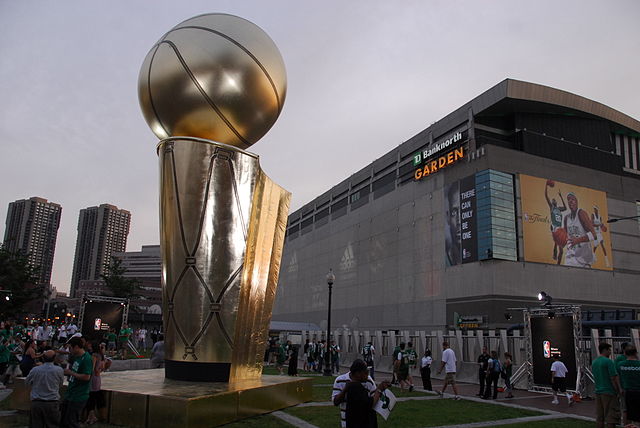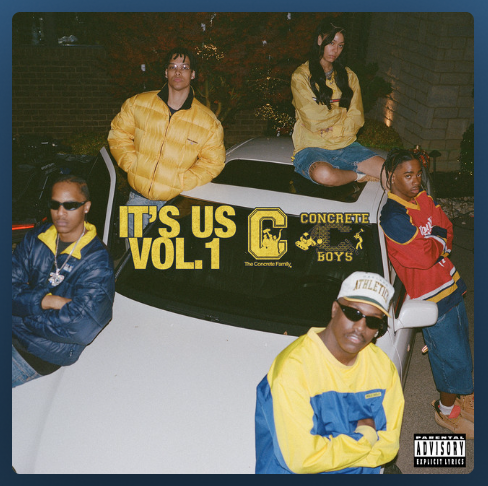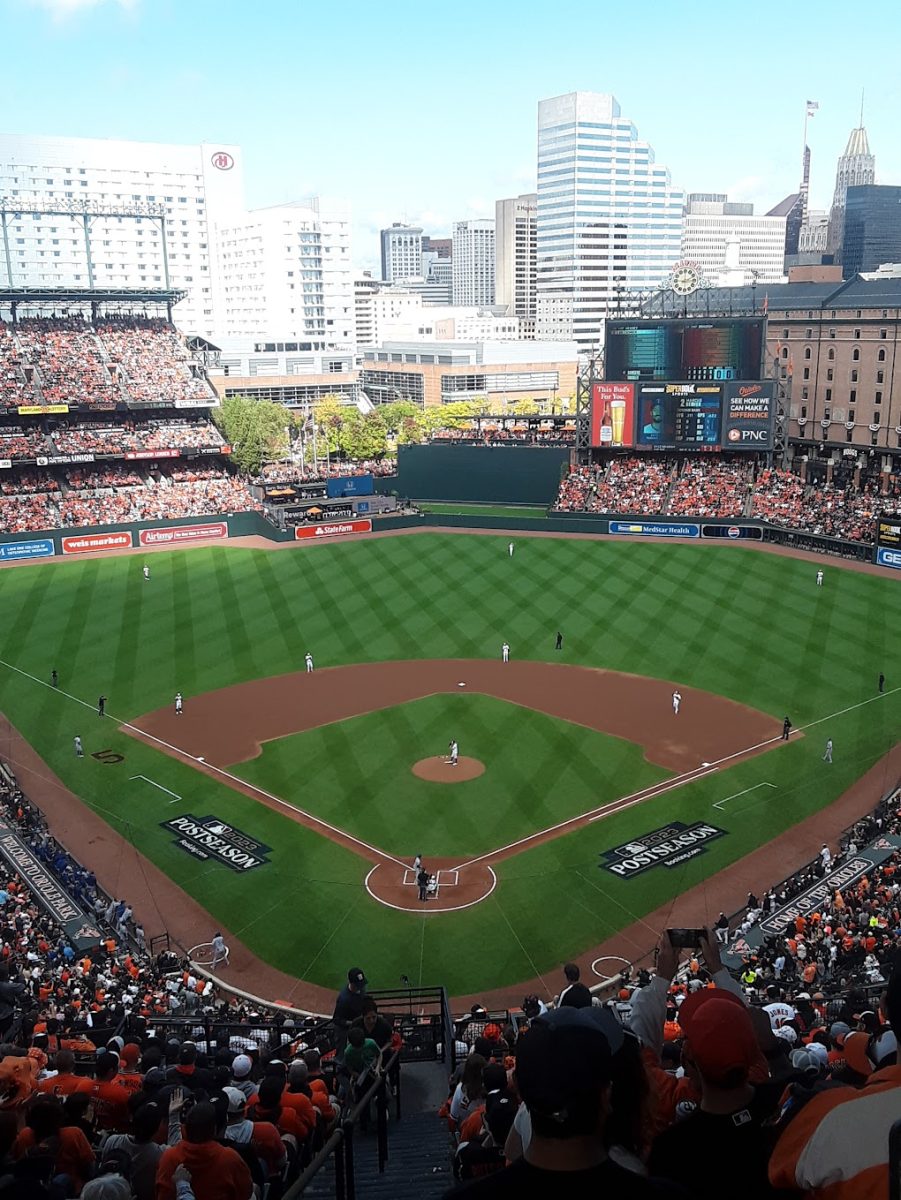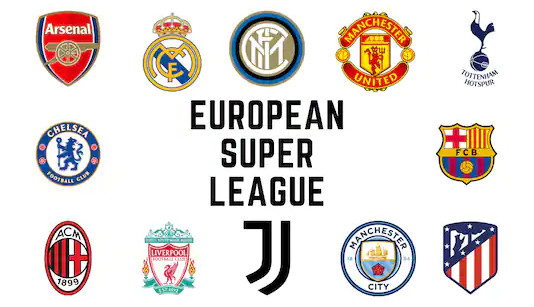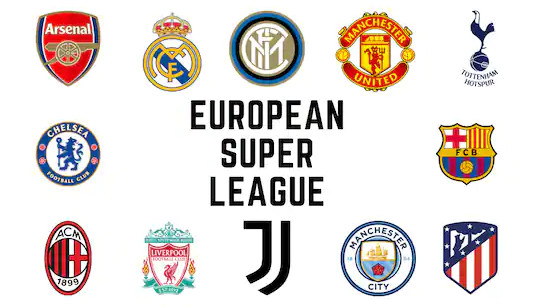In the middle of April, 12 of the richest and most powerful soccer clubs in the world made an announcement that had the potential to uproot the way soccer competitions have been held for over a century.
The owners of the 12 clubs announced that they had agreed in principle to break away from their domestic leagues of which they have been a part of for decades, and instead join forces to create a closed European Super League, meaning nobody could be promoted into the league, or relegated out of the league.
The announcement outraged the likes of FIFA, the world soccer governing body, as well as UEFA, the European soccer tournament governing body. These organizations were so against the development of this league, that they even threatened to ban any player that participates in the super league from representing their national team in competitions such as the World Cup. This decision was perceived by the public as one that was made out of sheer greed of the ownership, due to the fact that the decision was made in secret and none of the players or coaches were made aware ahead of time.
The 12 clubs consisted of competitors from Spain, Italy, and England. The clubs were Real Madrid, Atletico Madrid, Barcelona, Juventus, AC Milan, Inter Milan, Liverpool, Manchester United, Manchester City, Arsenal, Tottenham Hotspur, and Chelsea. German giants Bayern Munich and Borussia Dortmund declined the invitation to the competition, as did Paris St. Germain of France.
Players, coaches, and fans alike were vastly against this idea because of the way it does not reward or punish teams for strong or poor results. Many fanbases, such as those of Liverpool, Arsenal, and Chelsea even held protests outside of the teams’ stadiums to voice their displeasure with uprooting the “football pyramid” through which European soccer is founded upon.
The idea of the football pyramid is that in soccer, nothing is guaranteed. If you have strong results and you finish with the most pints at the end of a given season, you get promoted into higher leagues and tournaments. If you play poorly, you get demoted and have to earn the chance to make it back to the top. It is the idea that these powerful clubs have owners that feel entitled to always play in the big games that has outraged fans and players around the world. The owners listened to the outrage, and within 48 hours of the initial announcement, all 12 clubs withdrew their intentions to break away, and most even apologized to the fans for imposing this monumental news on them so suddenly.
In a television interview prior to the Leeds United and Liverpool match up, Marcelo Bielsa, manager of Leeds United in England, stood strongly against the super league and said, “The beautiful thing about football is that the weak can beat the rich.” If the super league were to happen, the smaller clubs would never get the opportunity to play against the stronger teams, so it would ruin part of the spirit of the sport and make it more about revenue and branding as opposed to strong competition.
The 12 clubs involved have received a lot of bad press in recent weeks, and many clubs have even seen high profile management and ownership resign by demand of the fanbases. Possible sanctions against the clubs are still in discussion and would have to be announced prior to the start of the next campaign, which kicks off in August.







